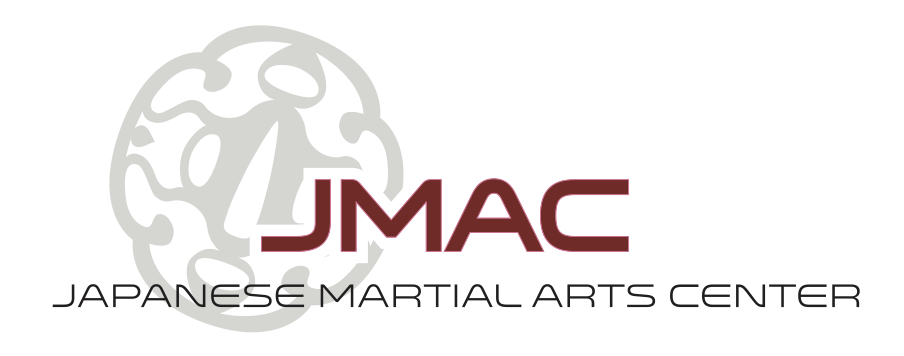Rei is the courtesy that starts and ends every traditional martial arts class, whether it is in karate, aikido, or some other art. We bow before stepping on the mat as a sign of respect for the training and peaceful intent. We bow formally at the beginning and end of every session to express our appreciation for the existence of the art, and to thank each other for the privilege of training together. We bow before an after training with other students to show that we care about their physical and mental well-being, and for a job well done. We bow to the sensei to thank him or her for the lesson, and the sensei bows to us to thank us for considering his advice and for helping to preserve and propagate his art.
Sensei is the word we use to address the teacher. It literally means "before life" or "before born," and refers to the fact that the teacher was born (figuratively) into the art before us. It carries with it a connotation of respect and affection - respect for the knowledge the teacher possesses and the effort he or she puts into developing and sharing that knowledge, and affection for the kindness and caring shown by the teacher towards us.
Hai! is the word dojo members use to express their enthusiasm and intent to do well (some dojos use the word "osu!" - pronounced "oss"). When the Sensei advises us on technique, we say "Hai!" When we're asked if we understand, we say "Hai!" When we're asked if we want to practice more, we say "Hai!" The enthusiasm shown by this word demonstrates that we love our training and will energetically attempt to do what it takes to succeed at our chosen martial art. It is almost always the right thing to say: at the Japanese Martial Arts Center, we have a funny saying that shows how to use the word:
Sensei: "What do we always say?"
Students: "Hai!"
Sensei: When do we say it?"
Students: "Hai!"
Arigato Gozaimasu means "thank you very much." Students say it at the end of class to thank the teacher for the lesson, but in reality, it means much more. In a dojo with a good atmosphere, the teacher helps the students, the students help each other, and the students help the teacher. There is a kind of group bonding that takes place when people train together with enthusiasm and joy. This bonding makes a happy dojo feel like a family atmosphere. All are learning, moving closer to their physical, mental, and spiritual goals, and, as a result, they are eager to work hard, and to help one another learn. When the students say arigato gozaimasu at the end of class, they are expressing their happiness at being part of the dojo family, and their intent to continue to try to perpetuate the atmosphere of mutual benefit and cooperation.
The Japanese Martial Arts Center would like to thank the many Ann Arbor businesses that
support this blog, both self-defense or martial arts-related and others, including:
Network Services Group, Art of Japanese Swordsmanship, Shudokan Martial Arts Association,
Budo Mind and Body, Art of Judo, Iaido Dot Com, Lorandos and Associates,
Oxford Companies, Bluestone Realty Advisors, Portfolio Ann Arbor,
Invest Ann Arbor, and the Law Office of Nicklaus Suino.

1 comment:
Gestures of respect and formal conduct in the dojo seem an opportunity to step into the stream of effort and accomplishment by practitioners of the art. Rather than focus on who I am or what my opinion is, a sort of anonymity of being and a fresh focus arise. A sense of pouring myself into the structure of the class gives me spaciousness and emptiness of mind. There is nothing belittling when bowing or moderating my conduct towards others, indeed, I feel generosity flows to me because I am given much to be a part of the tradition.
Post a Comment